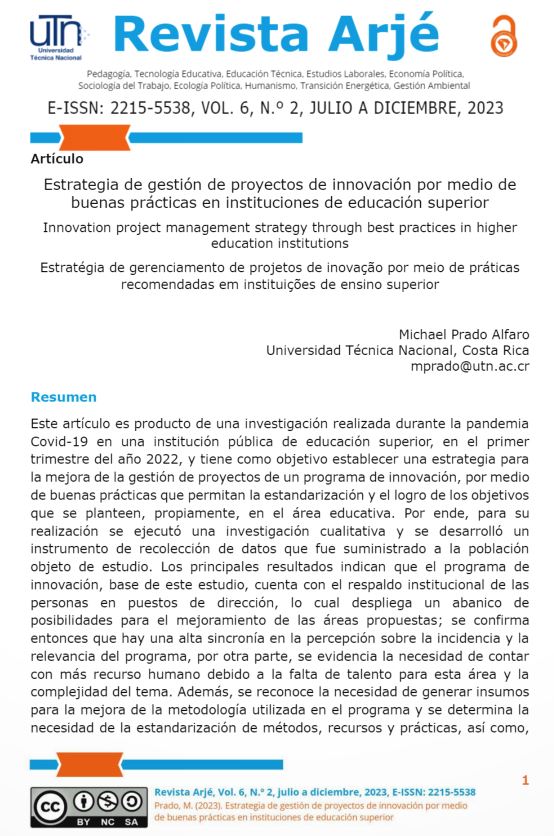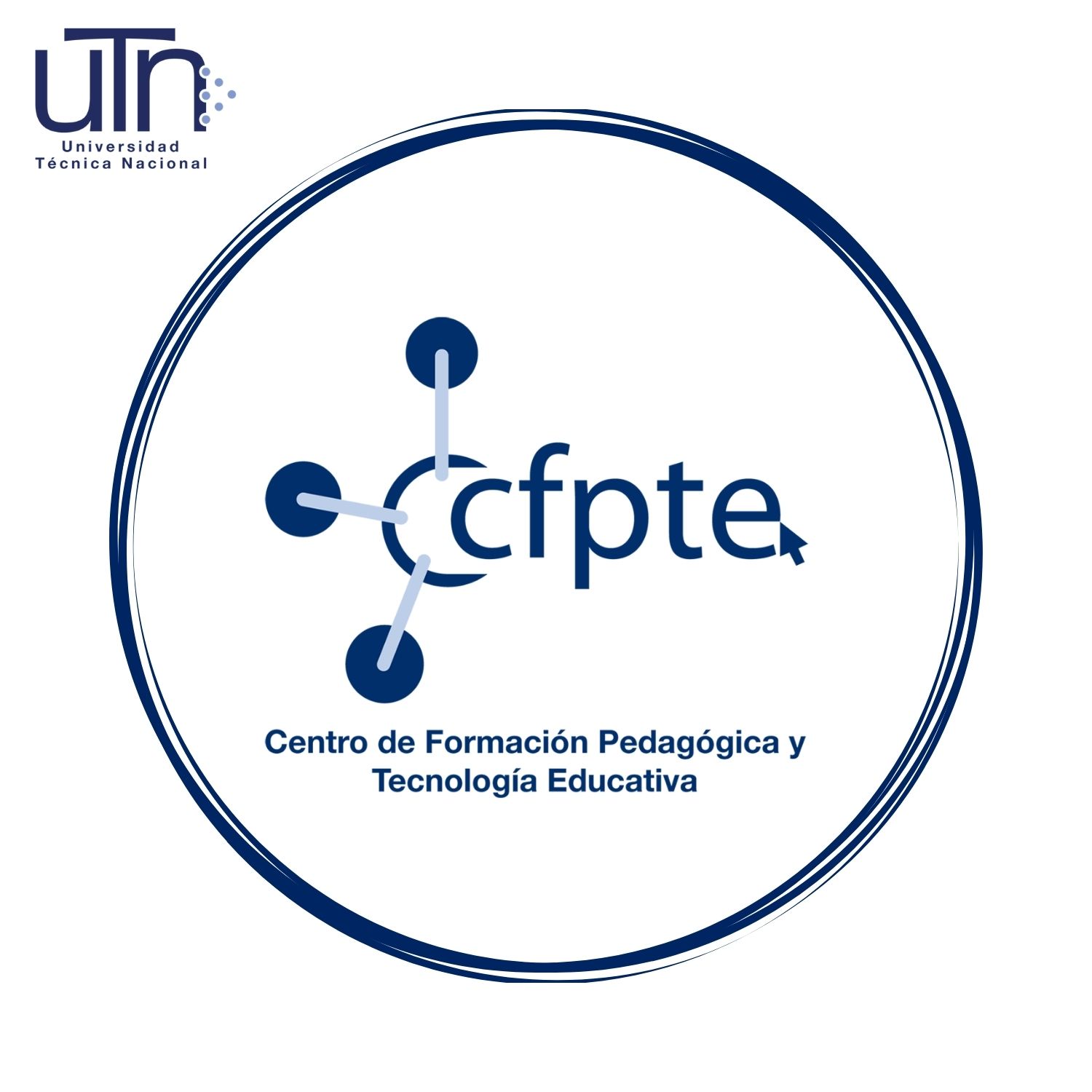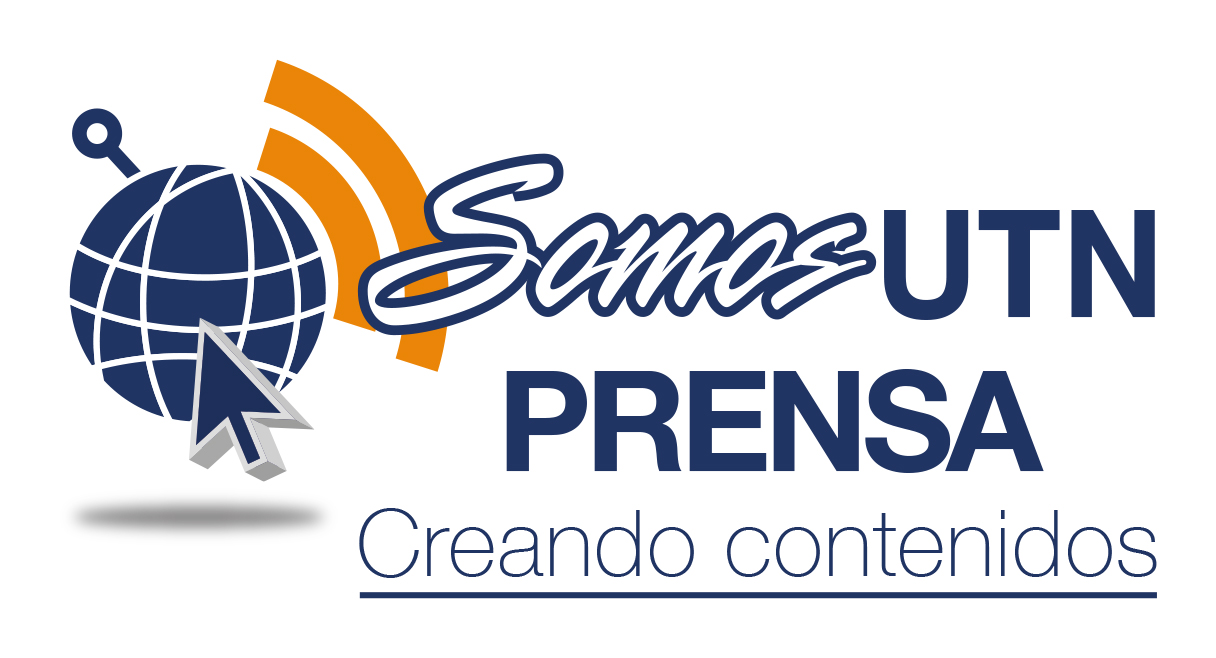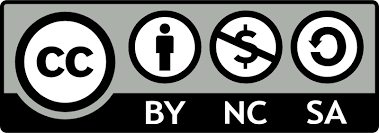Innovation project management strategy through best practices in higher education institutions
DOI:
https://doi.org/10.47633/arje.v6i2.650Keywords:
Strategic Innovation, Project Management, Best Management PracticesAbstract
Based on the research during the first quarter of 2022, this article is aimed to establish a progress strategy for the project management of the innovation program through good practices which allow its standardization and the accomplishment of the objectives that are set. For the realization of this program, a qualitative investigation was proposed. Moreover, a data collection instrument was developed to be handled by the population under study. The main results state that the mainstay of this innovative study program is endorsed by institutional people in management, which displays multiple possible scenarios to improve the areas proposed previously, and high perception synchrony about the incidence and relevance of the program can be confirmed. By contrast, the need for more human resources is evident due to the lack of talent management and the complexity of the topic. In addition, these inputs' necessity has been revealed based on the same methodology used for the advancement of the program, which determines the standardization need, decision-making importance, and strategy innovation.
Downloads
References
Mintzberg, H. (2003). Diseño de organizaciones eficientes. El Ateneo.
Project Management Institute. (2017). A guide to the project management body of knowledge (PMBOK guide). Newtown Square, PA: Project Management Institute.
Real Academia Española (s.f.). Innovación. En Diccionario de la lengua española. https://dle.rae.es/innovaci%C3%B3n

Downloads
Published
Issue
Section
License
All articles in the Revista Académica Arjé are published under the Creative Commons Attribution-NonCommercial-ShareAlike 4.0 International License (CC BY-NC-SA 4.0).
This means that:
-
Attribution: Proper credit must be given to the original authors, a link to the license must be included, and any changes made must be indicated.
-
NonCommercial: The material may not be used for commercial purposes.
-
ShareAlike: If the work is adapted or remixed, the resulting version must be distributed under the same license.
More information at: https://creativecommons.org/licenses/by-nc-sa/4.0/deed.en







